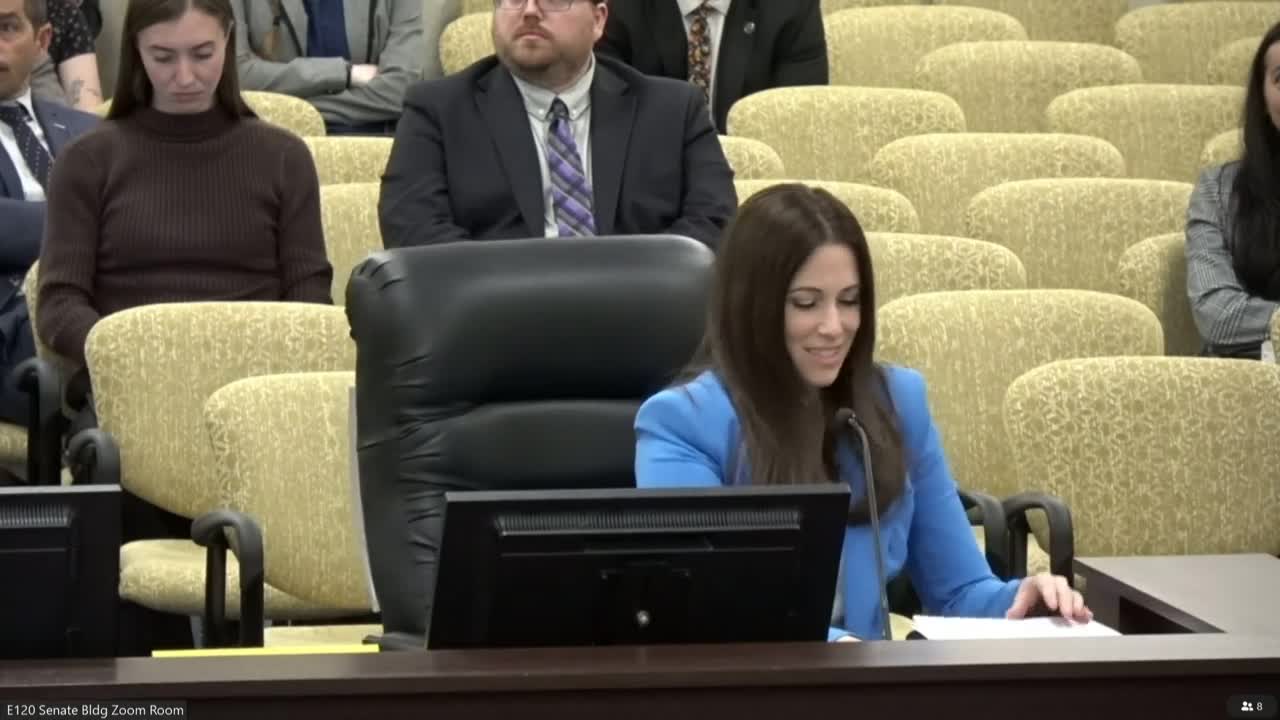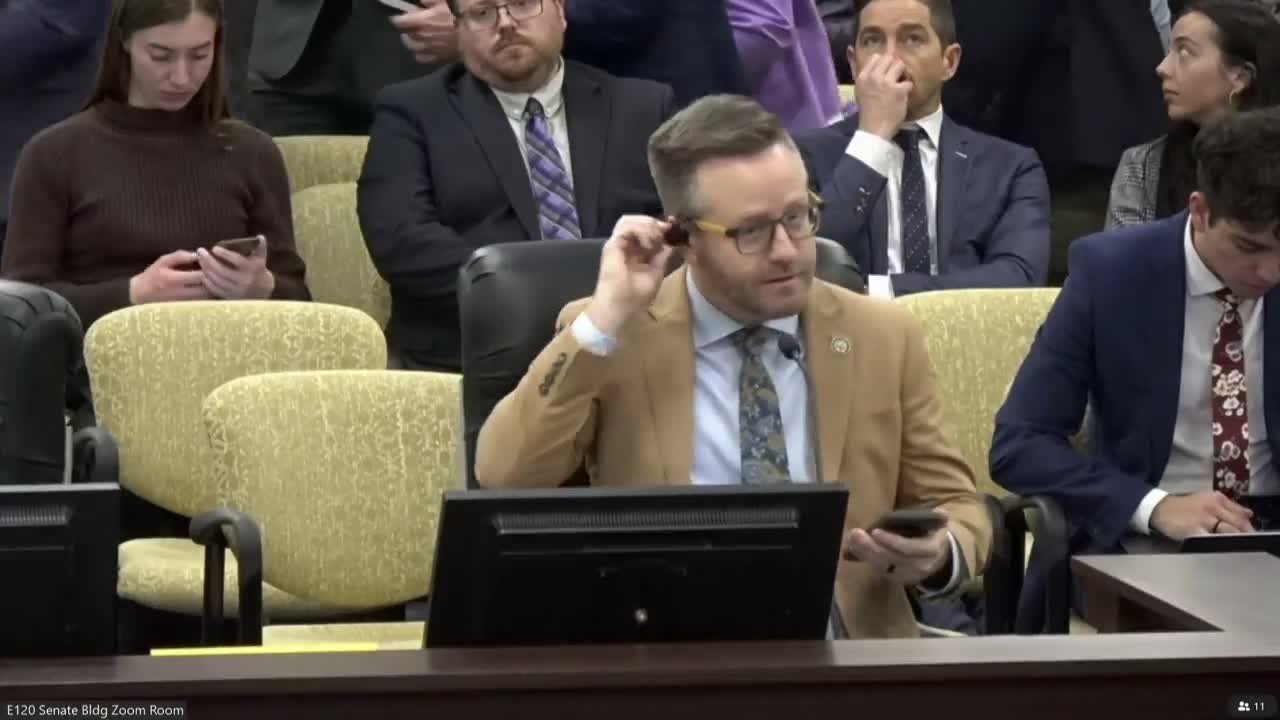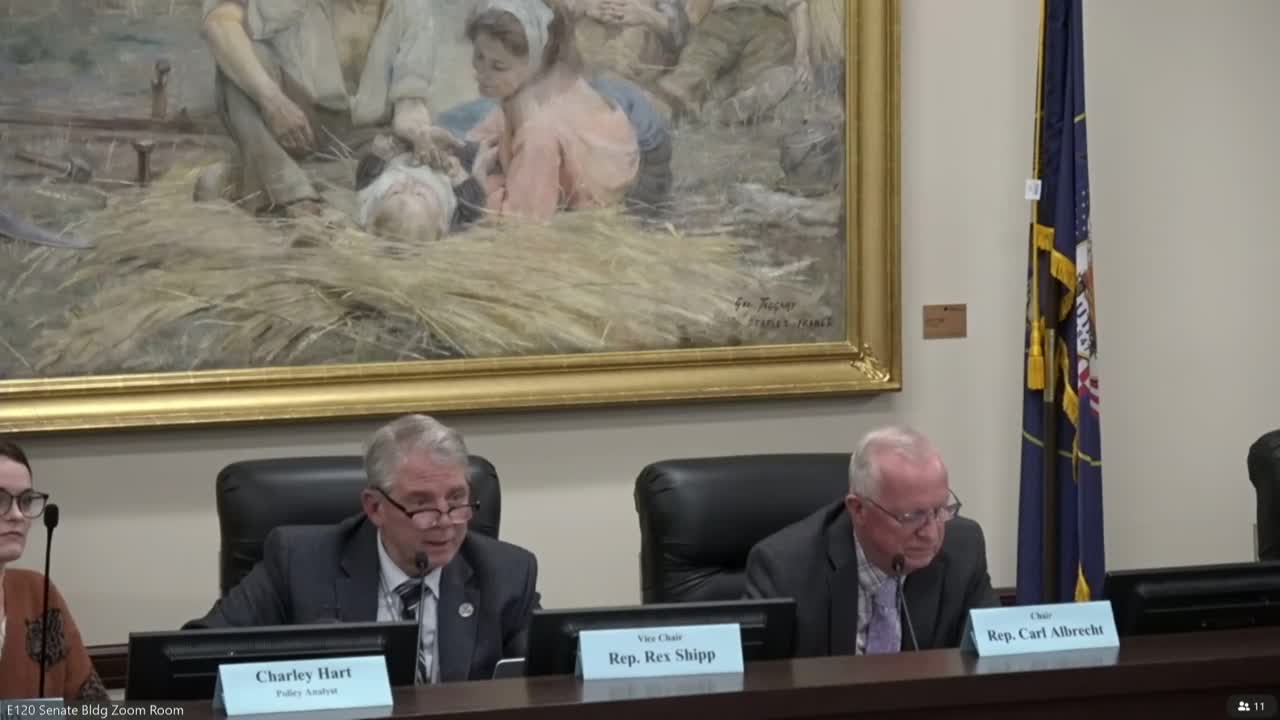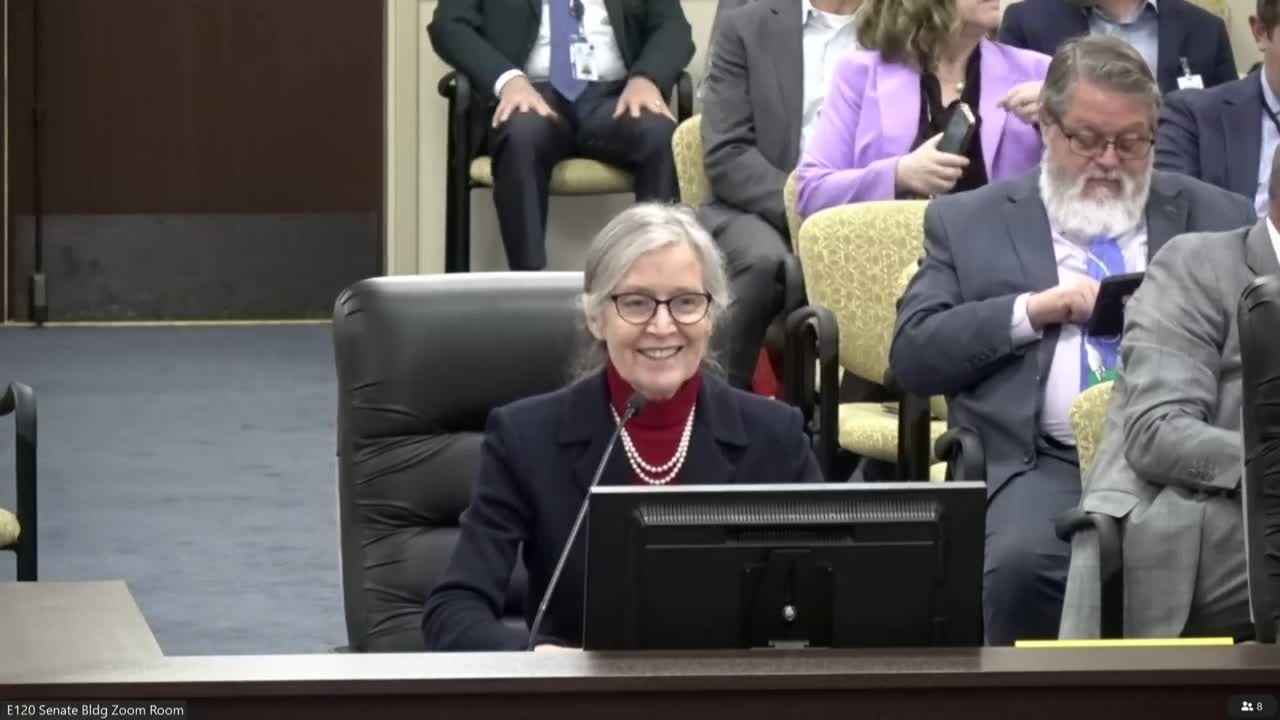Article not found
This article is no longer available. But don't worry—we've gathered other articles that discuss the same topic.

Committee narrowly approves bill requiring electric handheld landscaping tools at state properties on Wasatch Front

Committee advances bill to let Utah Lake Authority and UVU begin nature-center planning; funding and building approvals expected later

Committee adopts SB 132 substitute to let new large power customers pursue alternative suppliers; transmission-cost split left to PSC review

